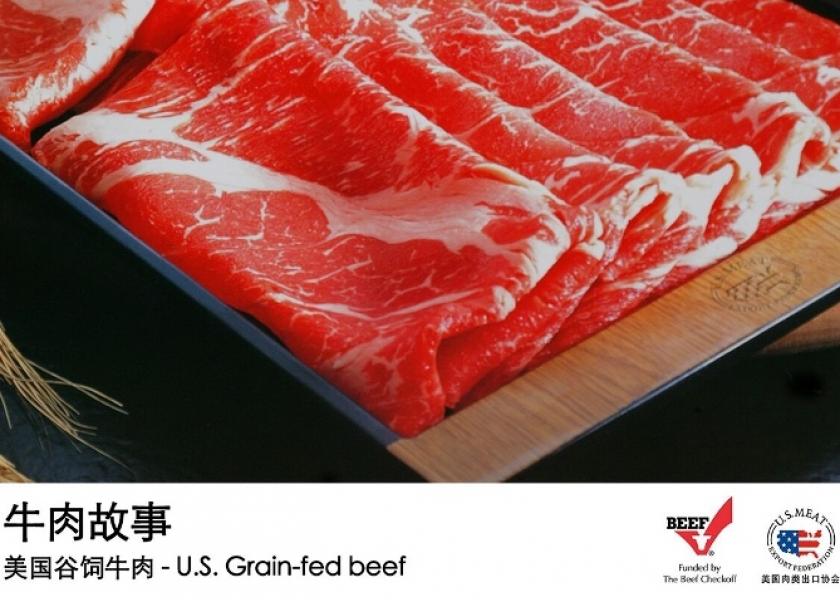China May Resume U.S. Beef Imports in 2016, Ending 12-Year Ban (VIDEO)

China halted imports of U.S. beef in 2003 after a case of mad cow disease was found in Washington state. Ten months later, a U.S. trade official said resumption of beef trade with China “may be imminent.” In 2006, the ban was lifted on some boneless beef products.
Now, an industry group is predicting that China, the world’s biggest importer of U.S. agricultural goods, will open its market fully by the middle of this year.
The last issue to resolve is the procedure to track U.S. cattle, and Chinese representatives must audit the system, Philip Seng, chief executive officer of the Denver-based U.S. Meat Export Federation, said Thursday in an interview at an industry conference in San Diego.
“There’s a sense of urgency to getting this done,” Seng said.
More on AgDay
China’s beef imports from 2010 to mid-2015 increased more than 10-fold as consumption climbed, U.S. Department of Agriculture data show. Countries such as Australia are boosting export sales.
China’s beef consumption will continue to expand in the coming decade, and an additional 2.2 million tons will be needed by 2025, Rabobank International says. Domestic production probably will meet 80 percent of the demand, and 20 percent will be met by imports, the bank said.
In 2015, China, the biggest pork importer, consumed about 8 million tons of beef a year, according to Rabobank.
‘Big Number’
Lifting the beef ban “would be a big deal,” said Christian Mayer, a market adviser at Northstar Commodity Investments Co. in Minneapolis. “With the amount of pork they buy, if they could translate it over to beef, that would obviously be a big number.”
U.S. cattle inventories have started to rebound after a prolonged drought in Texas cut the herd to the smallest in six decades. Beef production will rise 3.8 percent in 2016, the first gain since 2010, the USDA said Jan. 12.
Any increase in export demand would probably boost cattle prices, and the Chinese market may be “substantial,” Mayer said. “It would surely give a boost to the market.”







